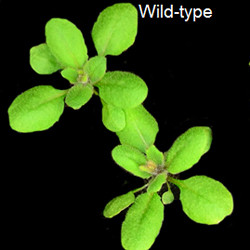Understanding stress responses in plants
Understanding abiotic stress in plants has far-reaching consequences for agricultural productivity, particularly in the light of a changing climate. Glutathione (GSH) is a key signalling molecule that has been linked to growth arrest in response to stress. The EU-funded 'Redox regulation of nuclear proteins' (ROXNP) project aimed to better understand how GSH interacts with nuclear proteins, so that when it is absent, cell division stops. They studied this in the model plant Arabidopsis thaliana, using a range of molecular tools. ROXNP confirmed that when GSH levels were low, cell division stopped in the roots, but carried on in the shoots. Researchers also showed that a lower concentration of GSH increased redox potentials in plant cells, influencing the transcription of many nuclear proteins. The project furthermore found that GSH transport into the nucleus is altered under abiotic stress, although its role there is not yet clear. Researchers did however identify two proteins — Bcl-2 associated athanogene (BAG) and ALADIN — that are potentially involved in transporting GSH into the plant cell nucleus. ROXNP work has improved our understanding of the plant response to abiotic stress. This may contribute to the development of stress-resistant crops in the future.







